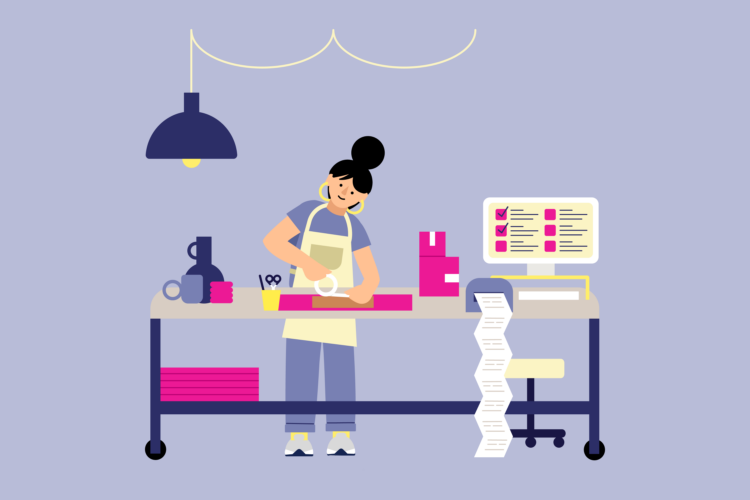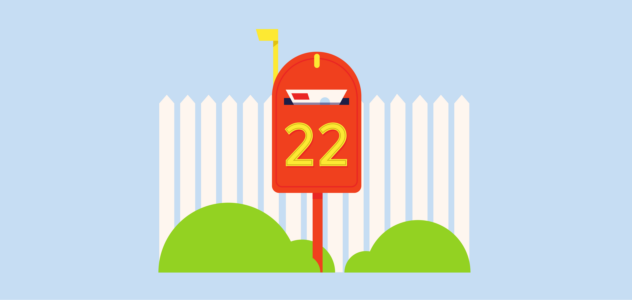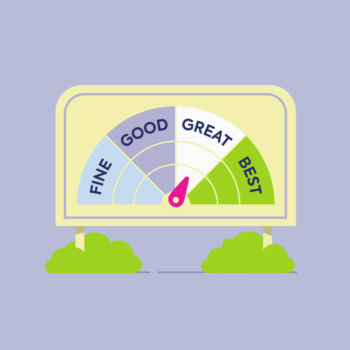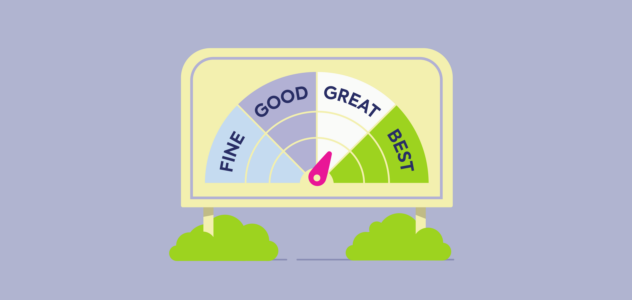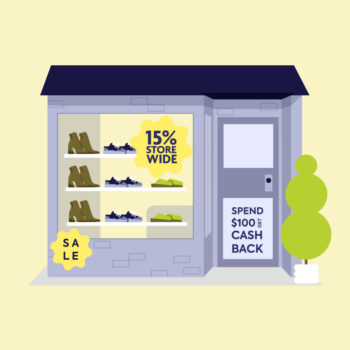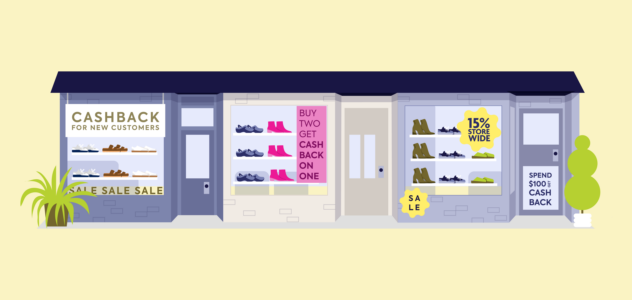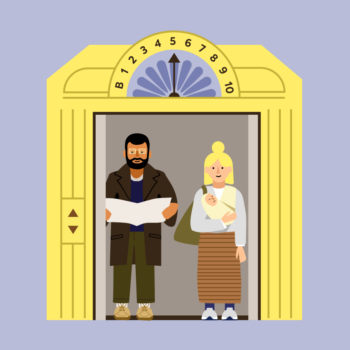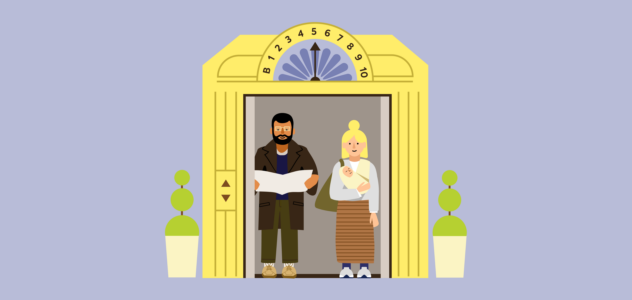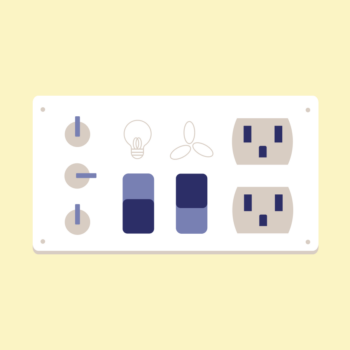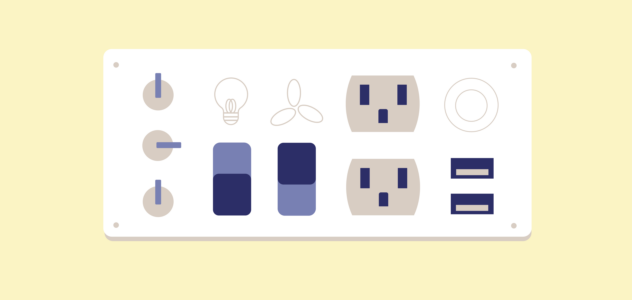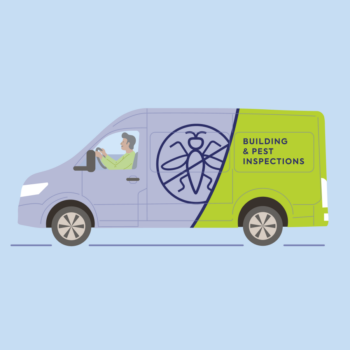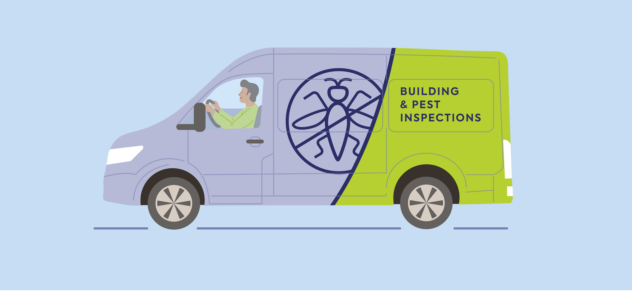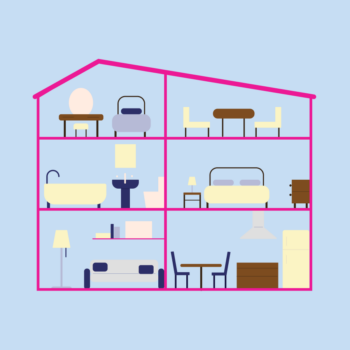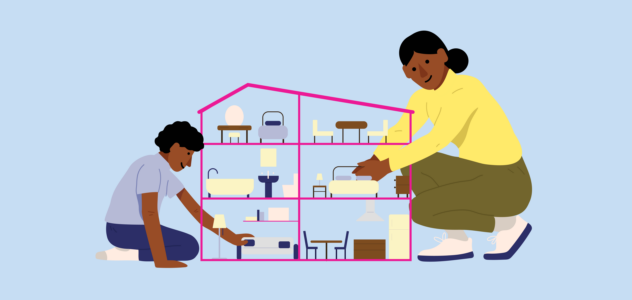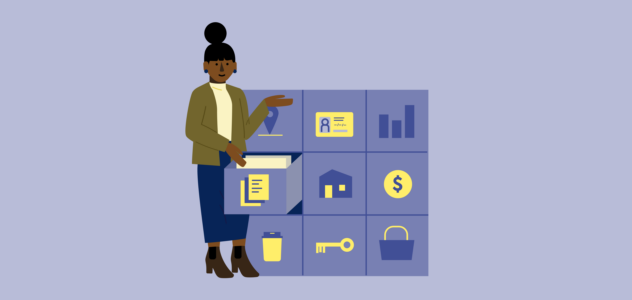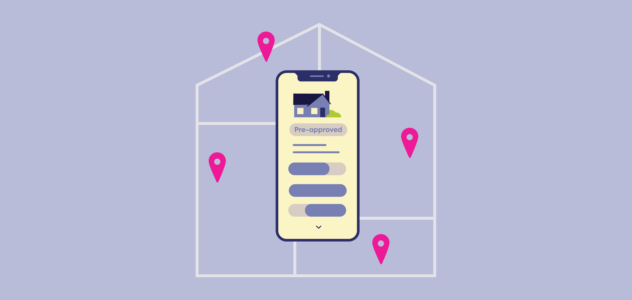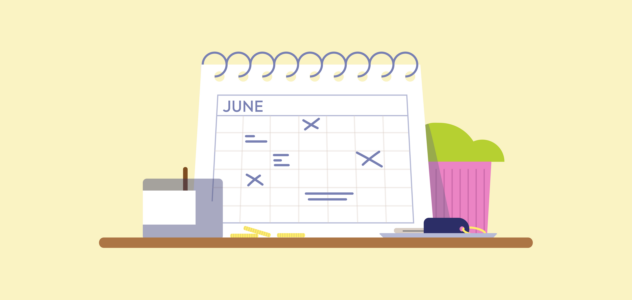It’s true, lenders treat self employed borrowers a little bit differently.
But just because you’re your own boss doesn’t mean you can’t be the boss of a home loan, too.
Securing your dream property is possible. There just might be a few more hoops to jump through and a smidge more paperwork to show the lender so they’re comfortable with your situation.
So what are the home loan requirements when you’re self employed?
What do you need to do differently?
And how can you prepare?
Home loans for self employed borrowers: let’s look at them through the eyes of the lender
Think about it: a lender wants to feel confident you’ll be able to pay back your loan. They want certainty (or as much certainty as possible). And if you’re self employed, your income can be unpredictable, flagging you as “higher risk” for missing repayments.
But if you prove to them you’re a responsible applicant, then it’s still possible to get a loan. Booyah.
But wait, what exactly does self employed mean?
It’s all in the name — self employed is when you work for yourself. You could be a sole trader, contractor or freelancer. Not only that, if you’re the director of a company and earning a wage through that company, then you’re still considered self employed through the eyes of a lender.
What are the home loan requirements for self employed borrowers?
Home loan requirements for self employed borrowers can vary between lenders. In many cases, a lender will want to see your business has been registered for more than two years. What they’re ultimately looking for here is a reliable track record. Because if you can demonstrate two years of a healthy, consistent and growing income, then you’re in a good position to get approved for a loan.
Not only that, a lender will want to see what your business looks like on paper.
There’s the usual paperwork that everyone has to prepare for a home loan. Docs to prove your…
Identity
Like passport, birth certificate and driver’s licence
Income
Like your bank statements
Financial situation
Like superannuation balance, credit cards and living expenses
But if you’re self employed, you may need to provide a little extra documentation. Things like…
Company tax returns
If you’re registered as a company, you’ll be asked to provide company tax returns covering the last two years (this doesn’t apply to sole traders)
Personal tax returns
Ideally covering the last two years
Business Activity Statement (BAS)
These can be required where you don’t have a solid history (typically 2 years) of completed annual tax returns.
Balance sheets
Ideally covering the last two years (typically prepared by your accountant)
Profit and loss statements
Ideally covering the last two years (typically prepared by your accountant)
Details of external liabilities
This could include things like leases and business loans
Australian Business Number (ABN)
(Ideally) proof that your business has been registered for more than two years
GST registration
You have to be registered for GST if your business earns more than $75,000 per annum
Letter from your accountant
Occasionally they’ll ask for this, not always
In saying that, lender policies can differ quite a lot when it comes to the documents needed for self employed borrowers. Even more reason to team up with an expert who knows the ins and outs and can find the right solution for your unique situation.
What are the home loan restrictions when you’re self employed? Are there any other hurdles?
We won’t dance around it, on top of the extra paperwork there are a few more hurdles you should know about (which are totally manageable if you’re prepared and have the help of a broker, we might add).
The extra restrictions can vary from lender to lender. But as a general rule, to get a home loan as a self employed borrower you may…
Have a smaller pool of lenders to choose from
Depending on your situation, you might have fewer lenders willing to lend you cash money. But not always. A good mortgage broker will help you assess your options.
Have to pay higher interest rates
With limited lender options, it’s possible that the absolute lowest rates may not be on offer for you. Low doc loans might also leave you paying higher interest rates (more on low doc loans in a minute).
Have to show your assets
Some lenders might want to see what other savings and assets you have to make them feel more secure.
What if I’ve been self employed for less than two years?
So you’ve been self employed for less than two years. Well, before you throw in the towel on your homeownership dreams, know that it’s *still* possible. It just might narrow your options.
If this is you, a lender might want to see that you’ve been working in your industry for a longer period of time. For example, say you’ve had 10 years of experience as an interior designer but you’ve recently gone out on your own, the lender will take that industry experience into account.
In some cases, a lender may consider your previous employment and wage (and weigh up how easy it would be for you to return to this industry if things don’t go to plan)
Finally, if you’ve been self employed for less than one year, it’s still possible. It just might narrow your options even more. Again, a great mortgage broker (oh hey!) will help you weigh up your options.
What is a low doc loan? Is it the same as a self employed loan?
Low doc loans and self employed loans *aren’t* the same thing. Buuuut a lot of self employed borrowers *choose* to get a low doc loan. There’s a difference.
As the name suggests, a low doc loan requires very little financial documentation. You still need to provide some documentation to give evidence of your stated income. But the requirements may be different or reduced compared to a standard “full-doc” application.
Often, you sign a declaration to say “yep, I can afford this” to support the application.
Low doc loans are commonly used by self employed borrowers, often when financials are not fully up to date.
The catch? Low doc loans often come with higher interest rates due to the risk. You may also need to pay “risk fees”, fork out a larger deposit and take out LMI if you have a low deposit.
A low doc loan could be a good option if you don’t have a long stable income and employment history, as you may need to work around the traditional requirements to get approved. You’ll also need to be willing to pay a little bit extra for that ease.
Ok, so how can I prepare for a home loan if I’m self employed?
So now you know the requirements and potential hurdles to getting a self employed loan, what are the steps involved?
The home loan process is much the same if you’re self employed. You’ll usually start by meeting with a broker, exploring your goals, applying for pre-approval, and eventually, making an offer.
There are a few other ways you can prepare for what’s ahead.
Keep a close eye on your financials
This includes things like tax returns and business activity statements (BAS).
Pay off any other loans or debt
Having fewer expenses and liabilities will be viewed more favourably by the lender (learn more about how a credit card affects your home loan application).
Be ready to provide references
A lender might ask to hear from former employees or your accountant. You can begin by wording them up.
Make sure you’re registered for GST
If you’re set to earn over $75,000 you’ll need to be registered for GST before applying.
Speak to a broker — we know, there’s a *bit* to take in when you’re self employed and weighing up your home loan options. But a mortgage broker (or home loan expert as we like to call them) is a pro in this area. They’ll be able to assess your situation, see the bigger picture and present a bunch of options that suit YOUR unique situation.
It’s as easy as 1, 2, 3…
- Book a chat with a friendly Finspo expert (online, phew!)
- Tell us about yourself and provide any additional info
- We’ll do the heavy lifting and present you with some loan options and a recommendation.
